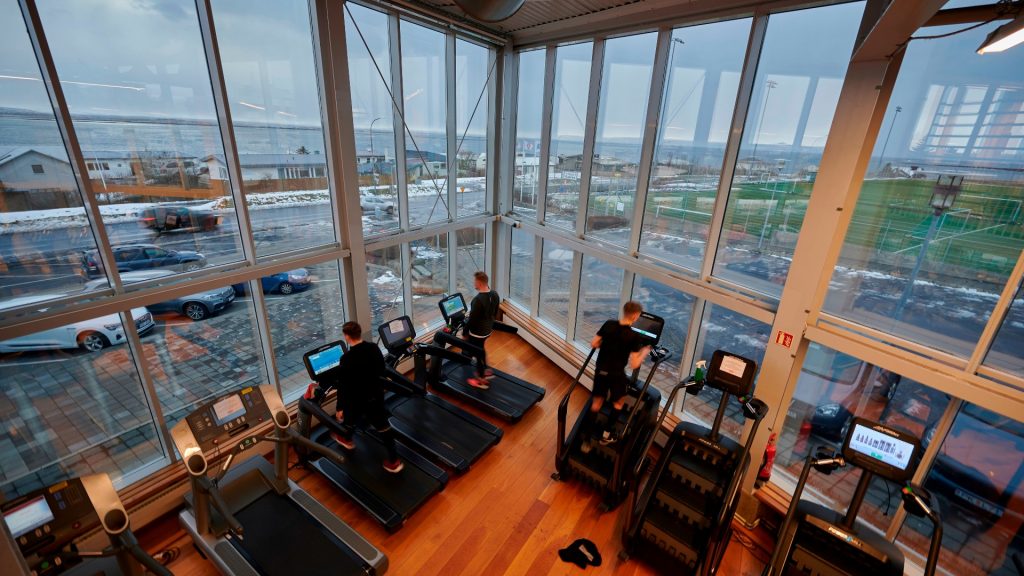Iceland institutes new COVID-19 border measures

Iceland’s new border measures came into effect Friday, which requires all passengers to provide a negative COVID-19 PCR test that was taken within 72 hours of departure to the country.
“By requiring every passenger to present a negative PCR test prior to boarding we are reducing the likelihood of a person starting a journey while unknowingly infected by the virus,” Iceland’s Prime Minister Katrín Jakobsdóttir said in a news release announcing the measures.
“Many countries in Europe have already introduced similar measures and we have already announced plans to allow travellers from low-risk countries to bypass quarantine measures from 1 May on the condition that they present a negative PCR test prior to boarding. We believe that requiring a negative PCR test prior to boarding is an effective and proportional requirement, especially in light of the fact that people now have good access to such testing in most countries in Europe.”
PCR tests involve taking swabs from the nose and throat.
Double-screening to stay in place
The new measure, which came into effect February 19 is in addition to double-screening measures currently in place in the country. The double-screening procedure requires travellers to have a PCR test upon arrival in Iceland, followed by a 5-day quarantine and then a second PCR test.
Anyone who has proof of vaccination for COVID-19 or proof or having previously been infected by COVID-19 are exempt from the border and quarantine measures.

Should someone test positive, they will now be required to isolate in managed isolation facility if they’re unable to provide their own self-isolation plan. Passengers with a positive test for one of the new, more transmissible COVID-19 variants will also have to isolate in the managed facilities.
“We view these tighter control measures as a way to allow us to ease the domestic measures sooner and allow us to start taking gradual steps towards normalcy, while maintaining utmost caution,” said Iceland’s Minister of Health, Svandís Svavarsdóttir
“This is a delicate balance, as easing of domestic measures increases the risks associated with imported cases. However, we have had very good experience with our current system of double screening so any additional layer of risk reduction will give us increased confidence.”
As of Friday, Iceland was reporting a 14-day incidence of 2.2 per 100,000 inhabitants for domestic infections and of 4.6 per 100,000 inhabitants for infections detected through border screening.
Write to Eilís Quinn at eilis.quinn(at)cbc.ca
Related stories from around the North:
Canada: Alaska politicians send Trudeau letter saying they’re “shocked” over Canada’s COVID-19 cruise ship ban, Eye on the Arctic
Finland: Jobless huskies in Arctic Finland travelling south for work as COVID-19 puts breaks on winter season, Yle News
Denmark/Greenland: Greenland authorities buoyed by high demand for COVID-19 vaccine, Eye on the Arctic
Iceland: COVID-19 variant prompts Iceland to require quarantine for children entering country as of January 13, Eye on the Arctic
Norway: Norway extends border closure with Finland due to pandemic, The Independent Barents Observer
Russia: Norway closes borders over fears of virus, but exempts Russian fishermen from severely infected border region, The Independent Barents Observer
Sweden: Swedes caught in Norway border limbo, Radio Sweden
United States: Negative COVID-19 test no longer required to enter Alaska, The Associated Press



